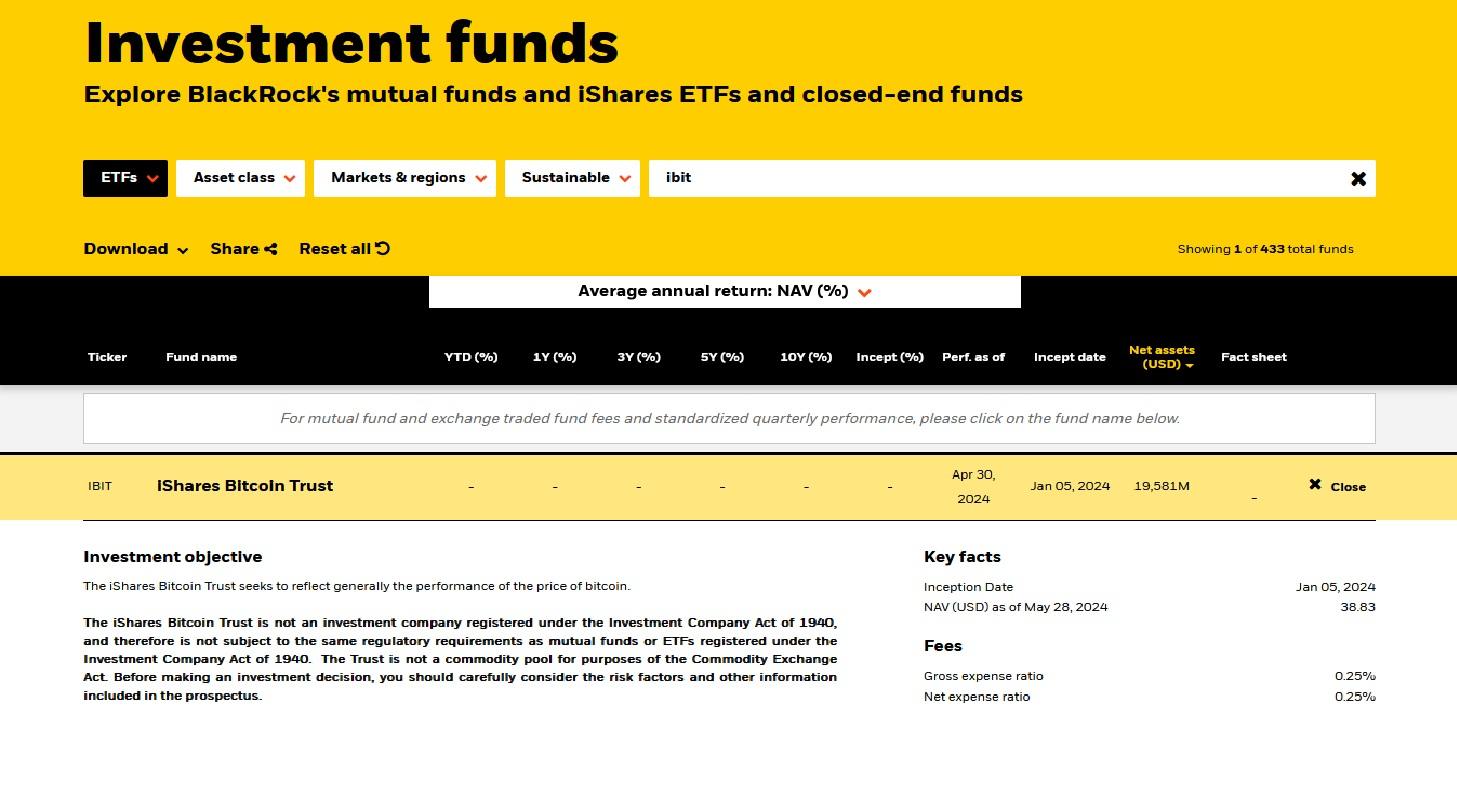
Key Takeaways
- IMF has rejected Pakistan’s subsidized power plan for bitcoin mining, citing risks to the energy market.
- Pakistan’s proposal is now under review by the World Bank and other international partners, not fully abandoned.
- Pakistan aims to use surplus electricity for bitcoin mining and has plans to build a national bitcoin reserve.
Pakistan’s initiative to utilize surplus electricity for bitcoin mining has been halted after the International Monetary Fund (IMF) reportedly dismissed a proposal to offer subsidized power to energy-intensive industries, including bitcoin miners.
According to Secretary of Power Fakhre Alam Irfan, the IMF warned that such policies could distort the energy market and exacerbate existing challenges in Pakistan’s already fragile power sector.
Irfan told the Senate committee on energy that all major energy policy decisions must now receive IMF approval.
The government’s November 2024 proposal suggested a marginal-cost tariff of 22–23 Pakistani rupees (around $0.08) per kilowatt-hour for industries such as copper smelting, data centers, and bitcoin mining.
Officials argued that this would increase electricity demand and help absorb surplus capacity.
Plan under review by international partners
The IMF compared the proposed subsidies to previous sector-specific tax breaks that have historically led to economic imbalances in Pakistan.
However, Irfan clarified that the proposal is not entirely off the table and is currently being reviewed by the World Bank and other international partners. He stated:
“The government is working on refining the plan with input from these institutions.”
Pakistan’s ambitions for bitcoin reserves
In May, Pakistan allocated 2,000 megawatts of surplus electricity for bitcoin mining and AI centers as part of a broader digital transformation initiative.
Finance Minister Muhammad Aurangzeb previously announced tax incentives for AI centers and duty exemptions for bitcoin miners to attract investment.
More recently, officials have discussed establishing a national bitcoin reserve and using decentralized finance yields to expand the country’s holdings.




